Preprints | Herbert Chang
This study was powered by #CatBoost, a machine learning model whose name was too perfect to pass up 🐱
Paper also available here: www.herbert-chang.com/researchport...
26.09.2025 14:27 — 👍 1 🔁 0 💬 0 📌 0

💵 Cat owners > Dog owners in total donations.
One reason: the urban–rural divide—cats are more common in high-cost-of-living cities, where donation levels are higher overall.
26.09.2025 14:27 — 👍 2 🔁 0 💬 1 📌 0

💵 Cat owners donate more frequently and to a wider variety of causes. This may be linked to higher psychological openness and neuroticism often associated with cat people.
26.09.2025 14:27 — 👍 1 🔁 0 💬 1 📌 0
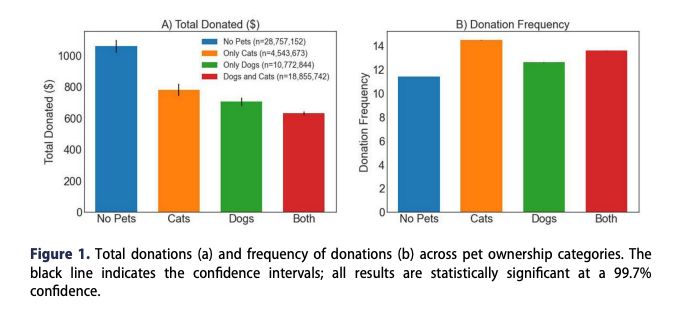
💵 Non-pet owners give the most money overall—but they give less frequently and to fewer causes.
26.09.2025 14:27 — 👍 0 🔁 0 💬 1 📌 0


𝐍𝐞𝐰 𝐏𝐚𝐩𝐞𝐫 Alert! Are you a #dog person or a #cat person? Since the dawn of time, we have debated their superiority… but your answer reveals how you give to charity.
I analyzed 787M donations ($69B) across 10 years. A thread 🧵
Paper: www.tandfonline.com/doi/metrics/...
26.09.2025 14:27 — 👍 6 🔁 3 💬 1 📌 1
The unavoidable has happened: here's a study on pet ownership and donation behavior. Can you DAG this?
https://www.tandfonline.com/doi/abs/10.1080/08927936.2025.2544418
23.09.2025 11:50 — 👍 1 🔁 2 💬 0 📌 0
Grateful for my co-authors (and mentors as this was a dissertation chapter) James Druckman, @emilioferrara.bsky.social, and @robbwiller.bsky.social
#SocialMedia #Politics #ComputationalSocialScience #PNASNexus #RetweetAsymmetry
08.08.2025 15:37 — 👍 2 🔁 0 💬 1 📌 0
3/ Our analysis shows that
🔹 Liberals = more diverse, more toxic info environments
🔹 Conservatives = more filtered, less cross-cutting exposure
These results show that blanket, one-size-fits-all content moderation could have unintended ideological effects.
08.08.2025 15:37 — 👍 0 🔁 0 💬 1 📌 0


2/ Liberals also amplify toxic tweets—especially when Democrats criticize Republicans. However, when Conservatives avoid toxic content, when sourced from Democrats.
08.08.2025 15:37 — 👍 0 🔁 0 💬 1 📌 0


1/ Liberals retweet both Democrat and Republican lawmakers—across many issues.
Conservatives, by contrast, mostly share Republican-owned content.
08.08.2025 15:37 — 👍 0 🔁 0 💬 1 📌 0
Special shout out to my two brilliant collaborators @ebharrington.bsky.social and Dan Rockmore.
17.07.2025 14:34 — 👍 2 🔁 0 💬 0 📌 0
Huh? Yes: elites in well-governed countries (Scandinavia, Singapore, etc.) also offshore wealth.
Why? To dodge high taxes, strict enforcement, or just to stay under the radar.
Secrecy is essentially a tool for both fear of authoritarianism and transparency.
17.07.2025 14:34 — 👍 0 🔁 0 💬 1 📌 0

Some highlights from the data. Corrupt countries or where asset confiscation is likely, elites use diversification.
And paradoxically: strong democracies = some form of identity concealment.
17.07.2025 14:34 — 👍 0 🔁 0 💬 1 📌 0
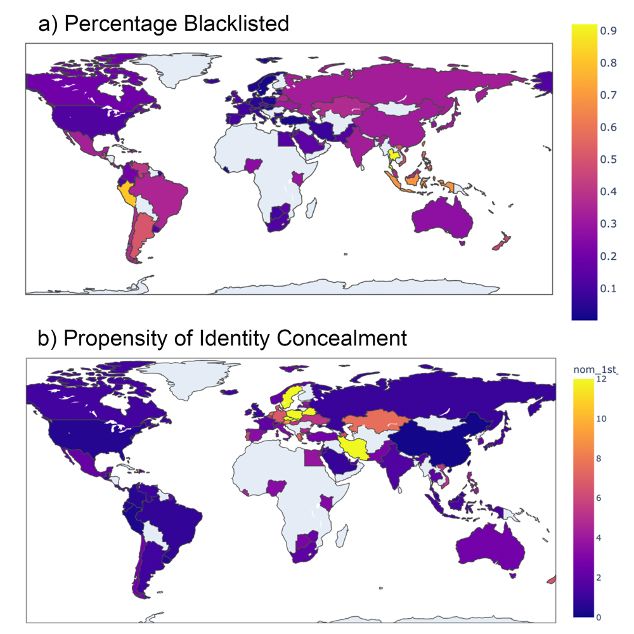
Elites don’t just stash money in tax havens—they strategically choose how and where to hide it.
We find three main “secrecy strategies”:
1. Diversify assets across jurisdictions
2. Conceal identity (nominees, bearer shares)
3. Use blacklisted havens despite stigma
17.07.2025 14:34 — 👍 0 🔁 0 💬 1 📌 0
We analyzed 6.9TB of leaked offshore data (Panama, Paradise, Pandora Papers) from the @icij.org and combined that with established Rule of Law indices from the World Justice Project.
17.07.2025 14:34 — 👍 0 🔁 0 💬 1 📌 0
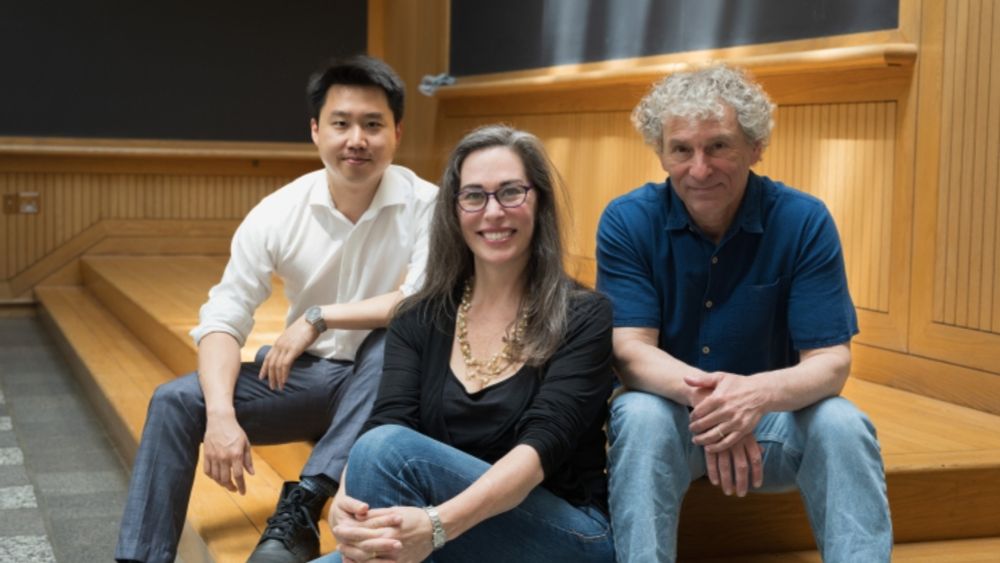
The Patterns of Elites Who Conceal Their Assets Offshore | Dartmouth
What conditions foster the use of offshore finance?
Excited to share our work on how elites across 65 countries use the offshore financial system to keep their assets hidden.
Coverage: home.dartmouth.edu/news/2025/07...
Paper Link: doi.org/10.1371/jour...
17.07.2025 14:34 — 👍 4 🔁 2 💬 1 📌 0
Excited to be at #MPSA for the first time! Will be presenting two papers:
Use of AI generated images in the 2024 US Presidential Election. (LaSalle 3, 7th floor, 11:40-1:10 PM Th)
Then, misinformation and conjoint analysis of the 2024 Taiwanese elections on Friday.
Please stop by! #mpsa2025
03.04.2025 04:18 — 👍 4 🔁 0 💬 0 📌 0
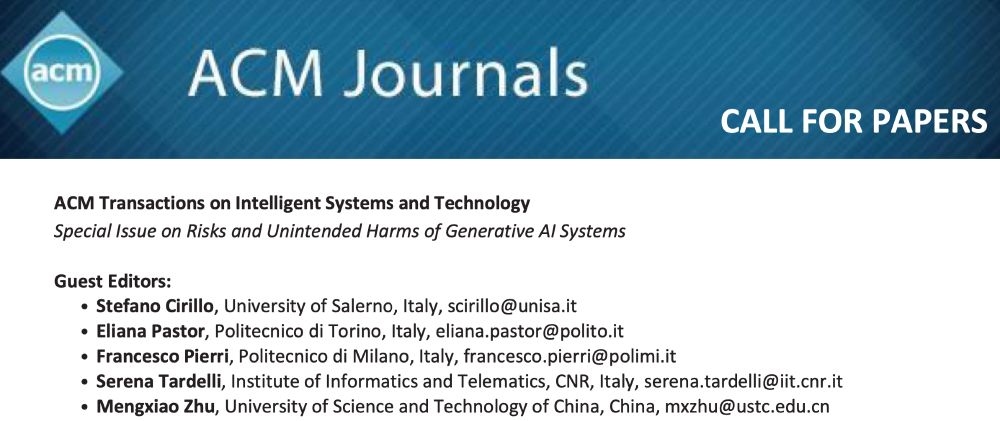
🚨 Call for Papers 🚨
We are organizing a Special Issue on "Risks and Unintended Harms of Generative AI Systems" at ACM TIST!
More details here: dl.acm.org/journal/tist...
Deadline: May 31, 2025 (review on a rolling basis)
#LLM #misinformation #disinformation #AI #genAI
30.01.2025 14:46 — 👍 3 🔁 5 💬 0 📌 1

Thrilled to be on Forbes Under 30 for Science!
(Still getting used to Bluesky 🥳 😅 )
02.12.2023 01:56 — 👍 14 🔁 1 💬 0 📌 0

Herbert Chang
Herbert Chang on the 2024 30 Under 30 - Science - Herbert Chang's goal is to realize democratic values in our socio-technical infrastructure by studying
Congrats to @herbertchang.bsky.social, assistant professor of quantitative social science and Dartmouth 2018 alum, who is featured in the 2024 #ForbesUnder30 in Science list! 🎉 Via @Forbes ⤵️ bit.ly/40WgZHG
28.11.2023 15:20 — 👍 10 🔁 1 💬 0 📌 0

🎉🎉 Let me use my first post here to announce that my first dissertation paper has been accepted to the Annals of the AAG. Pre-print forthcoming to my website, and hopefully published by AAG soon! 🎉🎉
02.10.2023 20:38 — 👍 10 🔁 1 💬 1 📌 0
final week to apply to the Quantitative Social Science opening at dartmouth!
apply.interfolio.com/130125
08.10.2023 21:41 — 👍 4 🔁 1 💬 0 📌 1

I'll be presenting our new paper "Subscriptions and External Links Help Drive Resentful Users to Alternative and Extremist YouTube Videos" (science.org/doi/10.1126/...) in the OSoMe Awesome Speakers series on Zoom Wed. at 12 PM ET
Join us! Registration here iu.zoom.us/meeting/regi...
09.10.2023 17:37 — 👍 22 🔁 9 💬 0 📌 0

As false war information spreads on X, Musk promotes unvetted accounts
Elon Musk recommended that users follow accounts that have promoted lies in the past.
Reflections from my UW colleague @mikecaulfield.bsky.social: “Anecdotal evidence that X is failing this stress test is plentiful. Go on the platform, do a search on Israel or Gaza — you don’t have to scroll very far to find dubious or debunked information.” www.washingtonpost.com/technology/2...
09.10.2023 03:49 — 👍 279 🔁 109 💬 6 📌 6

UW misinformation researchers will not buckle under political attacks | Opinion
As the 2024 election approaches, misinformation researchers at the University of Washington say they won't be deterred by those seeking to undermine their work.
Researchers of online misinformation (and related topics) aren’t “buckling” to politically-motivated attacks. Our critical work to understand and address online deception and manipulation continues. But only with the support of our colleagues and institutions. www.seattletimes.com/opinion/uw-m...
07.10.2023 19:02 — 👍 375 🔁 136 💬 5 📌 4
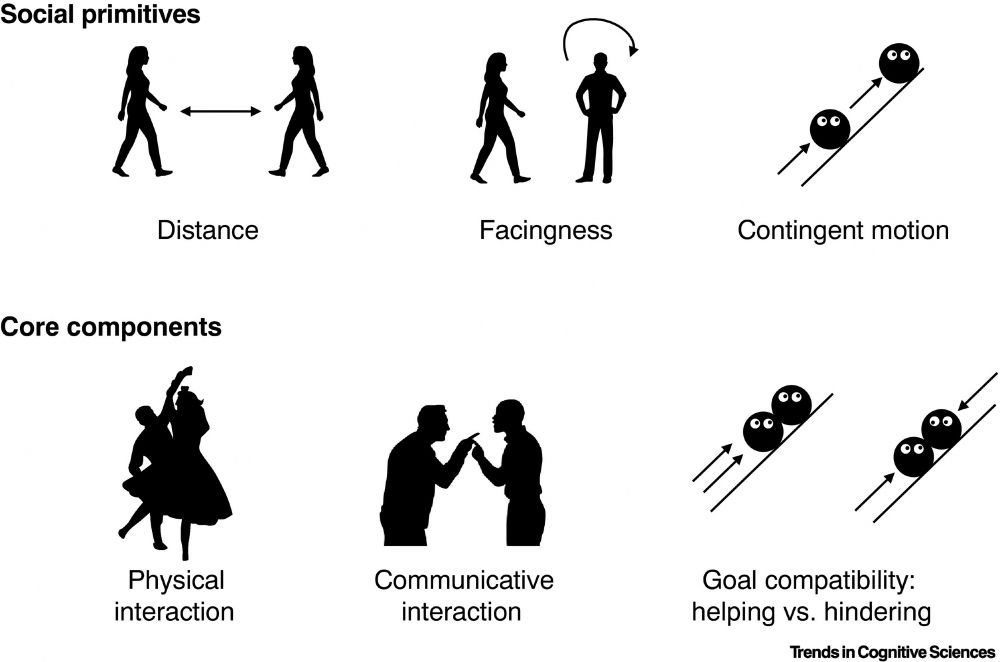
In our new paper out today at Trends in Cognitive Science, @lisik.bsky.social and I argue that social interaction perception is a visual process–computed by the visual system. (1/3)
tinyurl.com/nhh2dhx
#PsychSciSky #CogSci #CogPsyc #compneuro
05.10.2023 14:00 — 👍 88 🔁 42 💬 3 📌 3
We’re Vermont’s @npr.org and @pbs.org station, providing independent, community-supported news and programming to every corner of the state 🌲🐄⛰️
🔗 https://www.vermontpublic.org/
Maker, Educator, Mathematician | Assistant Professor at Cal Poly Pomona
“My interests include music, science, justice, animals, shapes, feelings” —Lisa Simpson
Creator of @oeistriangles.peterkagey.com.
Here to help you to publish and make an impact with your research.
Vigilante Nation:
https://www.simonandschuster.com/books/Vigilante-Nation/Jon-Michaels/9781668023235
Updates on the meritocracy:
https://tinyurl.com/56u9n6zc
professor of philanthropy at the department of sociology at VU Amsterdam; open science advocate; chair of the faculty of social sciences research ethics […]
[bridged from https://mastodon.social/@renebekkers on the fediverse by https://fed.brid.gy/ ]
Prof of Computer Science at USC
AI, social media, society, networks, data, and
HUMANS LABS http://www.emilio.ferrara.name
REGULARITY AI www.emilioferrara.ai
Associate Professor of English and Creative Writing at Dartmouth College. Author of The Birth of Computer Vision (Minnesota), Critical Digital Humanities (Illinois), and co-author of Moonbit (punctum) and Perceptron (punctum). American Literature, ML/AI/DH
Postdoc at the Institute for Fiscal Studies working on tax and inequality issues. PhD @UC Berkeley
Professor of Sociology, Dartmouth;views my own. Author, 'Capital w/out Borders' https://shorturl.at/bGsLB and 'Offshore' https://shorturl.at/rTacl; words
@washingtonpost.com, @nytimes.com, the Atlantic & the Guardian.
All at brookeharrington.com
professor at the University of Michigan School of Information, focusing on racial justice as data justice. interests: critical data x urban comm
working on a book, Appetite for Data, about foodie platforms & race / class / solidarity.
radjusticelab.com
Professor of Sociology, Psychology, & Org Behavior, Stanford University
Director, Polarization and Social Change Lab, @pascl-stanford.bsky.social
Co-Director, Stanford Center on Philanthropy and Civil Society
Professor of Online Communication. Researching the transformation of communication and society. Critical optimist.
📚 Nonfiction Author
📚 SFF Author (.5 of R.A. Sinn)
🎓 Media Prof at AU in DC
💿 Bassist/Producer/Composer
(jazz, reggae, worldbeat)
sinnreich.com
tinyurl.com/tslodata
tinyurl.com/ASCFYbook
linktree.com/wassako
Professor of Political Communication - University of Vienna
PhD Student @UCLA | Communication 🗣🗣& Social Neuroscience 🧠🧠 | Research: Multimodal dynamics of human communication and connections | Snowboard enthusiast 🏂
he/him, 25yo, German/English, M.Sc. of Media and Communication Science
Assistant Professor at USC Annenberg and affiliated faculty at USC Center for AI in Society | Previously Cornell IS & Cornell Comm. Research on #HCI, #AI, and #FutureOfWork | https://angelhwang.github.io/


























